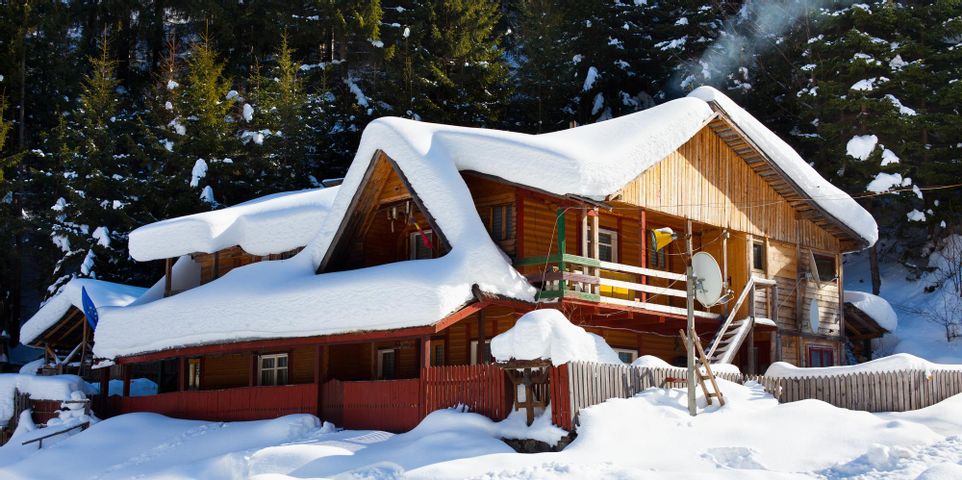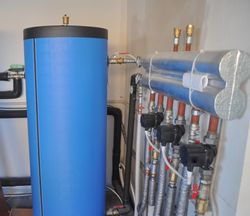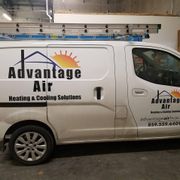4 Frequently Asked Questions About Geothermal Heating and Cooling

Most homes in the U.S. use significant amounts of energy to heat up and cool down interiors. This makes energy-efficient HVAC systems attractive to people that want to lower their carbon footprint and their utility bills. Now, more people are discovering geothermal-powered systems as a viable alternative for their home. Here’s what you need to know before a professional HVAC company comes in to install one at your residence.
4 FAQ on Geothermal HVAC Systems
How does it work?
Geothermal energy is the power derived from the Earth’s internal heat. Energy is tapped from reservoirs of steam, and hot water found a few meters below the ground. Using a geothermal heat pump and series of underground pipes, the system extracts the heat and distributes warm air indoors during winter. To cool your home, it pulls heat from the inside of your home either to warm water in the system’s tanks or to be absorbed back into the ground.
What are the types of geothermal systems?
 Generally, there are two kinds of system — open and closed loop. An open loop system uses groundwater or a private well, with one end for drawing water in to circulation and the other as a point of discharge. In contrast, a closed loop system has circular liquid-filled piping with the energy moving continuously. This system has three configurations, as follows.
Generally, there are two kinds of system — open and closed loop. An open loop system uses groundwater or a private well, with one end for drawing water in to circulation and the other as a point of discharge. In contrast, a closed loop system has circular liquid-filled piping with the energy moving continuously. This system has three configurations, as follows.
-
Vertical: Ideal for homes with limited space, this system has several pipes that go farther than a hundred feet into the ground to draw heat.
-
Horizontal: Unlike the vertical system, horizontal configuration requires a wide expanse of space to place layered coils or straight pipes on trenches at least six feet deep.
-
Pond or Lake: Perfect for homes with nearby ponds or lakes, this system is effective for heat transfer if the body of water is at least eight feet deep.
How much will it cost?
The cost will depend on several factors like system configuration, climate, local regulations, your home’s energy requirements, and the rates of the HVAC company you choose to do the installation. In general, open loop systems are less expensive than a closed loop configuration. However, there are stricter local laws on the former because of its potential to contaminate the water supply. Of the three closed-loop systems, the vertical configuration is the costliest to install since it involves heavy excavation.
Why should you consider installing one?
Geothermal HVAC systems will save you 20% to 30% on energy bills over conventional systems. They also run on renewable energy, making them eco-friendly.
When it’s time to upgrade your home’s heating and cooling system, consider a geothermal-powered system. Let the HVAC professionals at Advantage Air advise you. As the leading HVAC company in Lexington, KY, they have provided heating and cooling repairs and services for over 20 years. Call (859) 559-6409 today or inquire via their website for service details.
About the Business
Have a question? Ask the experts!
Send your question

